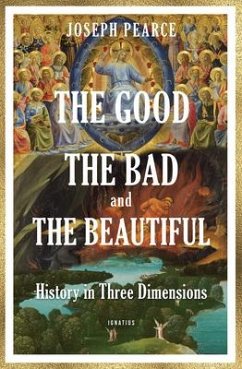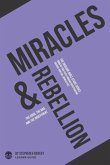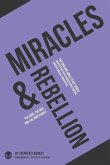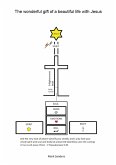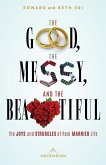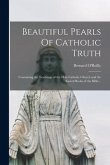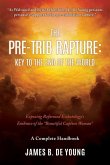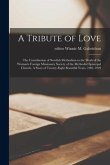Christ is "the way, and the truth, and the life";, but fallen mankind, although made in Christ's image, is not so pure. Human history--including Church history--is a tapestry woven of three threads: the good, the bad, and the beautiful. This book tells the story of Christendom over two millennia, focusing on what was good, bad, and beautiful in each century. These three threads run through the heart of every person, revealing the pattern of our individual lives. These very same threads bind together the collective lives of men and make up the fabric of culture and civilization. No one saw this three-dimensional form more clearly than Benedict XVI. For him, the goodness of the saints and the beauty of art are the only antidote to the dark thread of evil that runs through history. Inspired by this insight, Joseph Pearce presents the past twenty centuries to show how goodness and beauty--stemming from God himself--work to conquer the bad.
Hinweis: Dieser Artikel kann nur an eine deutsche Lieferadresse ausgeliefert werden.
Hinweis: Dieser Artikel kann nur an eine deutsche Lieferadresse ausgeliefert werden.

